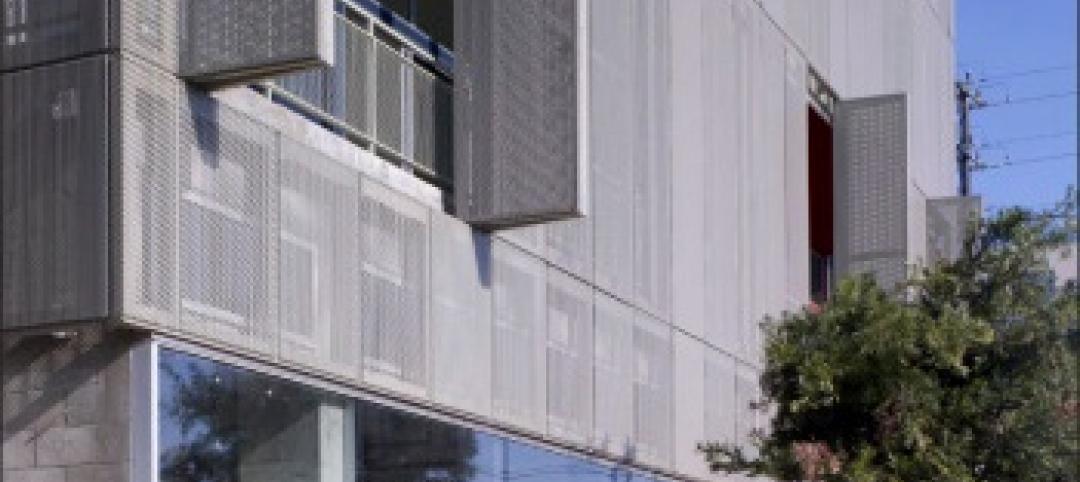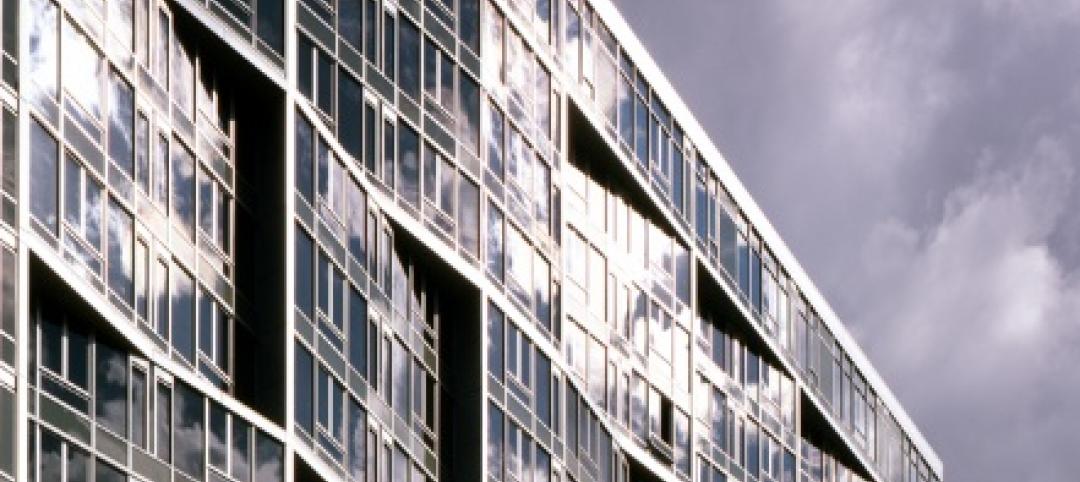2020 has been a peach, hasn’t it? A global pandemic. Raging wild fires. Riots and looting. Facemask battles. Ongoing trade wars. Election-year shenanigans. Recession fears. Increasingly divisive politics. Everything canceled. (Lest we forget zombie deer and murder hornets.)
In a year of jobsite shutdowns, project delays, funding pitfalls, and project postponements—and with no guarantee of a more prosperous 2021—it is understandable for AEC firm leaders to take a guarded, hunker-down stance when planning for next year and beyond. It is natural for firms to focus first on “right sizing” the business by slashing investments, overhead, and operational costs.
But these positions of passivity and cost-cutting run counter to the key lessons from AEC leaders who successfully navigated their firms through past market downturns and economic events, says Scott Winstead, President of FMI Management Consulting, who’s firm last year studied takeaways and strategic lessons from the Great Recession (BDCnetwork.com/DownturnLessons).
A common mistake AEC firms make during down cycles, says Winstead, is running the firm as a collection of projects, versus a business. “It’s a subtle but very distinctive difference that speaks to the long view versus the short view, and to the notion that you can’t save your way to prosperity,” says Winstead.
The firms that came out of the Great Recession in growth mode, according to the FMI research report, focused on investing in their clients, people, and business; they diversified their services and found unique ways to outperform the competition; they streamlined their operations and put their “A” players in a position to succeed and grow the business; and they created a company culture that is nimble, collaborative, and transparent.
Winstead says 2020-21 should be no different. “If I think back to 2008 and the beginning innings of the Great Recession, I heard then what we heard early on in this scenario, which is mistaking backlog as a proxy for health,” he says. “Backlog is a reflection of work that has already been sold and booked, and is in the process of being burned off. Past performance is no guarantee of future results.”
The key finding of the FMI research, which gathered insights from more than 150 engineering and construction executives, was that AEC leaders who increased their financial investment in strategy reported higher effectiveness in operations, strategy, and overall company performance, compared to respondents who either didn’t do anything or decreased spending in that area. “Strategic thinking and planning are among the top leadership skills needed to be an effective leader during a recession,” wrote the authors of the report.
Download the FMI report, “Leading Through Business Cycles: Lessons Learned From E&C Executives,” at: BDCnetwork.com/DownturnLessons.
Related Stories
| Apr 26, 2011
Video: Are China's ghost cities a bubble waiting to burst?
It's estimated that 10 new cities are being built in China every year, but many are virtually deserted. Retail space remains empty and hundreds of apartments are vacant, but the Chinese government is more concerned with maintaining economic growth—and building cities is one way of achieving that goal.
| Apr 25, 2011
Earn $300 million by NOT hiring Frank Gehry
An Iowa philanthropist and architecture aficionado—who wishes to remain anonymous—is offering a $300 million “reward” to any city anywhere in the world that’s brave enough to hire someone other than Frank Gehry to design its new art museum.
| Apr 20, 2011
Marketing firm Funtion: to host “Construct. Build. Evolve.”
Function:, an integrated marketing agency that specializes in reaching the architecture, building and design community, is hosting an interactive art event, “Construct. Build. Evolve.” in Atlanta’s Piedmont Park on Thursday April 21, 2011 at 11:00AM EDT. During the event attendees will be asked to answer the question, “how would you build the future?” to rouse dialogue and discover fresh ideas for the future of the built environment.
| Apr 20, 2011
Architecture Billings Index: new projects inquiry index up significantly from February
The American Institute of Architects (AIA) reported the March ABI score was 50.5, a negligible decrease from a reading of 50.6 the previous month. This score reflects a modest increase in demand for design services (any score above 50 indicates an increase in billings). The new projects inquiry index was 58.7, up significantly from a mark of 56.4 in February.
| Apr 19, 2011
What are the 15 most-watched construction and engineering stocks?
According to Motley Fool, a multimedia financial services company, the most-watched construction and engineering stock is Fluor (NYSE: FLR), which ranks #1 on BD+C’s Giants 300 engineering list with $1.994 billion in revenue in 2009. Check out the 14 other most-watched A/E stocks.
| Apr 19, 2011
AIA announces top 10 green Projects for 2011
The American Institute of Architects Committee on the Environment announced its Top 10 Green Projects for 2011. Among the winners: Cherokee Studios in Los Angeles, the Department of Energy's National Renewable Energy Laboratory in Golden, Colo., and the Vancouver Convention Centre West in Vancouver, British Columbia.
| Apr 18, 2011
Greening and Upgrading Today’s Vertical Transport Systems
Earn 1.0 AIA/CES HSW/SD learning units by studying this article and passing the online exam.
| Apr 14, 2011
U.S. embassies on a mission to green the world's buildings
The U.S. is putting greater emphasis on greening its worldwide portfolio of embassies. The U.S. State Department-affiliated League of Green Embassies already has 70 U.S. embassies undergoing efforts to reduce their environmental impact, and the organization plans to increase that number to more than 100 by the end of the year.
| Apr 14, 2011
How AEC Professionals Choose Windows and Doors
Window and door systems need to perform. Respondents to our annual window and door survey overwhelmingly reported that performance, weather resistance, durability, and quality were key reasons a particular window or door was specified.













